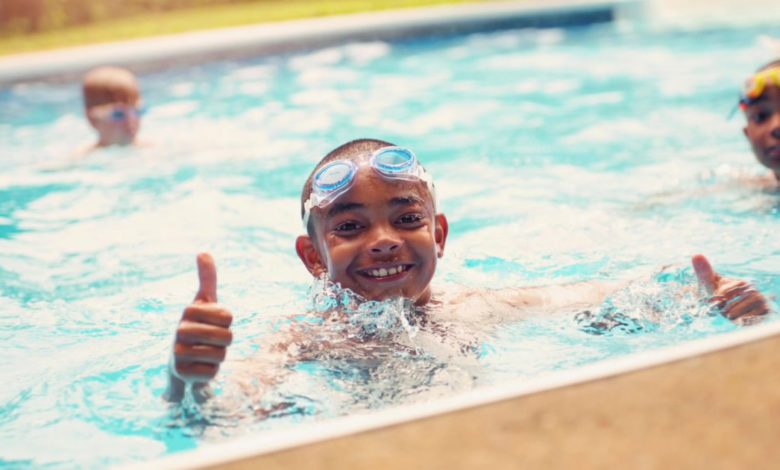
With beaches and pools reopening, millions of Americans will flock to the water to seek relief from the heat. But how many of them will actually know how to swim?
Summer and swimming go hand in hand, but for many children across the country, drowning is a serious risk.
“When I was growing up, we didn’t have the money for swim lessons,” said Gerald Sloan.
As a boy, Sloan was sent out with one order: “‘Hey don’t drown.’ That was what my mother would tell me. ‘Hey, don’t drown because I can’t swim.’”
But Gerald wasn’t alone. His generation and current generations share an alarming statistic. About 64% of African American children have not been taught to swim. We know children ages 5 to 19 have a 5.5% chance of dying if they’re African American.
Dr. Ashley Denmark is a family medicine doctor at the Missouri Baptist Medical Center. She’s made it her mission to educate the public about the importance of knowing how to swim.
“It starts with education and access which is still a struggle in our community,” said Denmark.
She says the struggle is rooted in racial discrimination.
“We know in our past histories. We were not allowed to go to pools. Privatization of pools and swim lessons was a very real thing that often shut out Black and brown folks who desired to join the pool,” said Denmark.
And as a result, she says grandparents and parents have been less likely to introduce their children to swimming.
“If the parent doesn’t understand the value of swimming, the value of lessons, it won’t be prioritized, especially in underserved communities where money is tight,” said Denmark.
In addition, Denmark points out that it’s a sport with few African American role models. She says there is a lack of professional swimmers.
U.S. Olympic gold medalist Cullen Jones knows that feeling all too well. He says the person he looked up to also had to be outside of the sport because there was no one that looked like him.
At the age of five, Jones himself nearly became a statistic.
“I wasn’t horseplaying, I wasn’t somewhere I wasn’t supposed to be. I was at an amusement park where there were lifeguards, my parents, other adults, and I was still able to go underwater, flip upside down, on this wonderful ride on a Saturday morning and I had to be pulled out, resuscitated and I was underwater for 30 seconds,” said Jones.
At that moment, his mom decided swimming was no longer a luxury. It became a life skill, a skill you might say turned into a “golden” opportunity. Winning a gold medal, he says, was one of the most surreal moments, a moment that he hopes he’s used to inspire young swimmers.
And while he certainly hopes to inspire young swimmers to chase their Olympic dreams, his main goal is to ensure all children learn to swim.
He says there is no reason families shouldn’t invest in swim lessons right now because, in many situations, it’s low-cost or no cost. The YMCA and USA Swimming have created opportunities for anyone to get low-cost or free swim lessons. To find out more information about this visit: YMCA.net or usaswimming.org.








